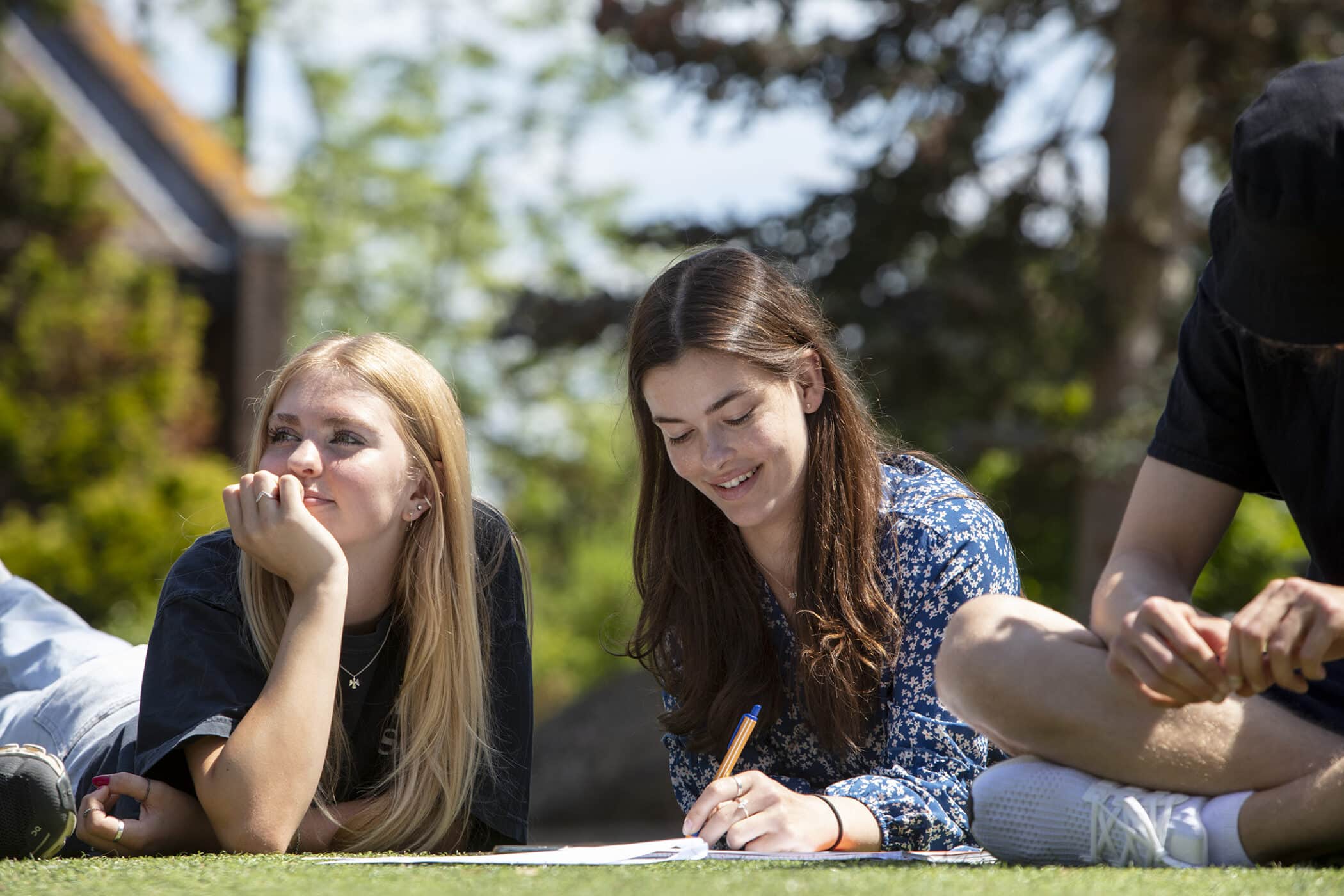17/06/2019
Young entrepreneurs action environmental change
Fergus Rose, Advancement Director at ACS International Schools, reveals why teaching entrepreneurship is the key to making a positive difference on a global scale.
Unsurprisingly, ‘Generation Z’ (children currently in education and U25s in university and the workplace) is becoming increasingly aware of the most critical environmental issues facing them in coming years. From the children pictured at the recent Extinction Rebellion protests, to the speeches made by teenage activist Greta Thunberg last month viewed around the world – we’re seeing a marked shift in the attitude of young people towards the health of our planet.
As environmental crises become more evident to our students, we’re noticing that a strong shared characteristic of this generation is a deep-rooted desire to make a positive impact on the world. In fact, according to research completed earlier this year by ACS and The National Centre for Entrepreneurship in Education, a desire to save the planet are key drivers behind students’ entrepreneurial ambitions. Conducted amongst 62 Heads of Enterprise across a number of universities, the report reveals that the key drivers behind student entrepreneurial activities are: to make money (61%), to be independent (60%), to save the planet, reduce pollution (53%), to help others (37%).
But how does entrepreneurial mindset directly impact the environment? The report shows that developing an entrepreneurial approach to problem solving provides not only a strong foundation in business practices but also in the development of new ideas and pioneering industries. Combine innovative, critical thinking with the most pressing issues facing young people today, and we get both meaningful and productive change in action – whether that’s in political pressure for policy change or revolutionary ideas for cleaner energy or recycling. Although some may question whether entrepreneurship is a proficiency that can be taught, or a natural personality trait, we believe it’s a skill that can be developed both in and outside the classroom.
For example, our students manage their own research, which could easily help them coordinate with other environmental programmes. We promote open communications with figures of authority, whether it’s a headteacher in discussion about recycling, or a political figure instrumental in government policy. We support the creation of impactful media communications to promote students’ campaigns; they are taught to ask a lot of questions – of themselves, their peers and their leaders; and our teaching emphasizes the value of analytical evaluation and networking – both enormously beneficial skills in environmental campaigning and business.
The next generation is more determined than millennials to do things differently,
says Hazel Kay, Head of Marketing and Admissions at ACS in response to the report. “They see entrepreneurship as a way to have independence and make the world a better place. 64% of university officials say: ‘exposure to different nationalities and cultures at school has a highly beneficial effect on entrepreneurial outlook’, and this is another key focus of our school ethos.
It’s vital that schools develop springboard activities for students to explore each other’s experiences and backgrounds, and offer opportunities to use entrepreneurial skills for the greater good
adds Hazel. ACS prepares students for success in business, society and the environment. 64% of universities report increased interest in entrepreneurship, and it is the students’ own requests to build on innovative thinking, creative problem-solving, leadership, team-work, and adaptability that will combine to empower them to achieve their goals with confidence. Whether they are working for others, starting their own ventures, or driving an environmental campaign, the discipline and determination of an entrepreneurial mindset will help our graduates succeed with ease.
About the author: Fergus Rose is the Advancement Director at ACS International Schools. Joining ACS in 2004, Fergus is passionate about lifelong learning and providing young people with the skills they need to succeed in the 21st century global economy. He is a regular contributor to the media, where his views are widely published. Fergus graduated from the University of London, is a member of the Marketing Society and a tutor at the Leadership Trust.





